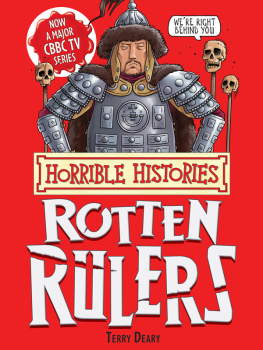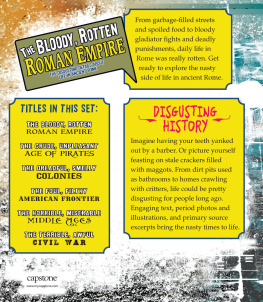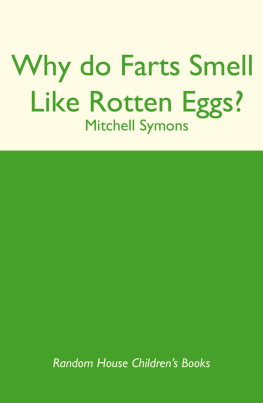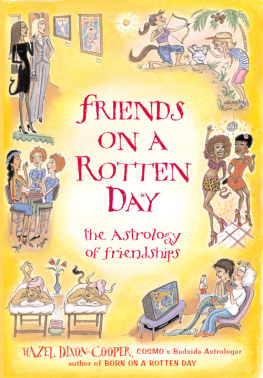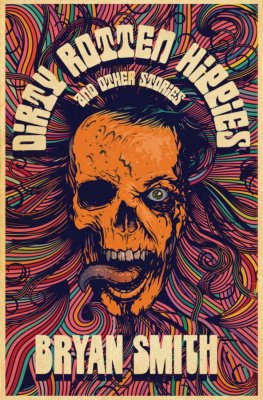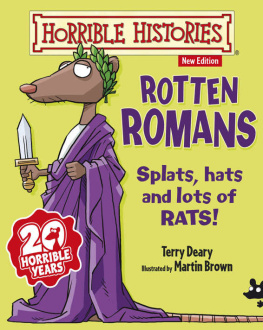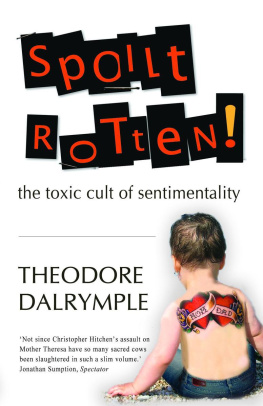The Editors of Rotten Tomatoes - Rotten Movies We Love
Here you can read online The Editors of Rotten Tomatoes - Rotten Movies We Love full text of the book (entire story) in english for free. Download pdf and epub, get meaning, cover and reviews about this ebook. year: 2019, publisher: Running Press, genre: Detective and thriller. Description of the work, (preface) as well as reviews are available. Best literature library LitArk.com created for fans of good reading and offers a wide selection of genres:
Romance novel
Science fiction
Adventure
Detective
Science
History
Home and family
Prose
Art
Politics
Computer
Non-fiction
Religion
Business
Children
Humor
Choose a favorite category and find really read worthwhile books. Enjoy immersion in the world of imagination, feel the emotions of the characters or learn something new for yourself, make an fascinating discovery.

- Book:Rotten Movies We Love
- Author:
- Publisher:Running Press
- Genre:
- Year:2019
- Rating:4 / 5
- Favourites:Add to favourites
- Your mark:
- 80
- 1
- 2
- 3
- 4
- 5
Rotten Movies We Love: summary, description and annotation
We offer to read an annotation, description, summary or preface (depends on what the author of the book "Rotten Movies We Love" wrote himself). If you haven't found the necessary information about the book — write in the comments, we will try to find it.
Rotten Movies We Love — read online for free the complete book (whole text) full work
Below is the text of the book, divided by pages. System saving the place of the last page read, allows you to conveniently read the book "Rotten Movies We Love" online for free, without having to search again every time where you left off. Put a bookmark, and you can go to the page where you finished reading at any time.
Font size:
Interval:
Bookmark:
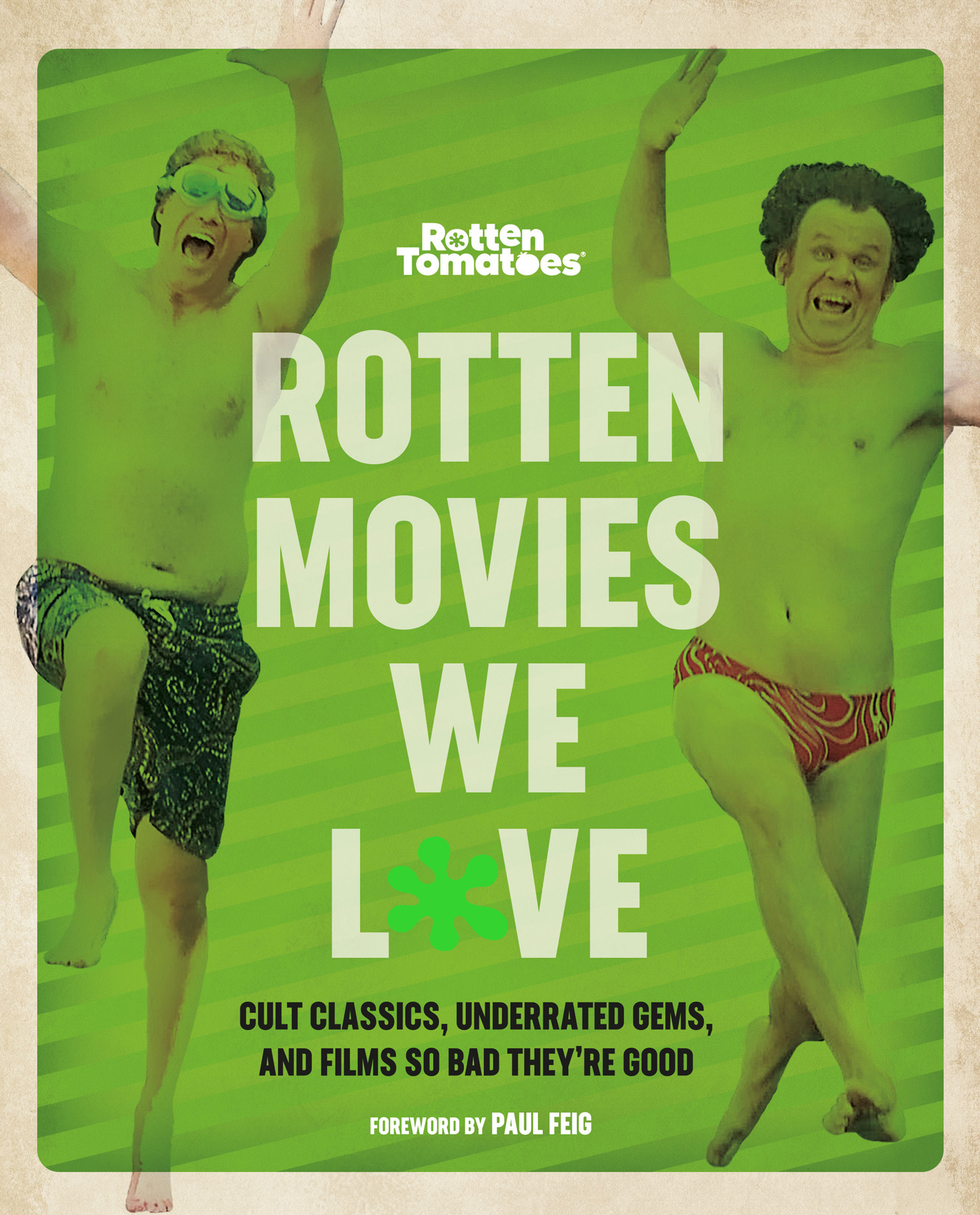
Copyright 2019 by Fandango Media, LLC
Hachette Book Group supports the right to free expression and the value of copyright. The purpose of copyright is to encourage writers and artists to produce the creative works that enrich our culture.
The scanning, uploading, and distribution of this book without permission is a theft of the authors intellectual property. If you would like permission to use material from the book (other than for review purposes), please contact permissions@hbgusa.com. Thank you for your support of the authors rights.
Running Press
Hachette Book Group
1290 Avenue of the Americas, New York, NY 10104
www.runningpress.com
@Running_Press
First Edition: October 2019
Published by Running Press, an imprint of Perseus Books, LLC, a subsidiary of Hachette Book Group, Inc.
The Running Press name and logo is a trademark of the Hachette Book Group.
The Hachette Speakers Bureau provides a wide range of authors for speaking events. To find out more, go to www.hachettespeakersbureau.com or call (866) 376-6591.
The publisher is not responsible for websites (or their content) that are not owned by the publisher.
All images courtesy of Everett Collection.
Infographics by Courtney Kawata, Yerania Sanchez, and Francis Navarro.
Library of Congress Control Number: 2019938509
ISBNs: 978-0-7624-9605-1 (paperback), 978-0-7624-9606-8 (ebook)
E3-20190831-JV-NF-ORI
Nobody sets out to make a bad movie.
I dont think any studio executive or commercial filmmaker has ever said, You know what would be fun? Lets make a terrible movie. One that audiences will really hate and laugh at in all the wrong ways and make merciless fun of; one that lets critics practice their comedy writing skills as they see just how brutal they can be in their tearing down of our film. That would be the perfect use of many, many millions of dollars of our money and really great for our reputations.
No, bad movies arent made on purposethey just sort of slowly happen. Scripts are developed in earnest. A screenwriter has a spark of inspiration that they then sequester themselves away for months to develop. A studio reads it and takes a shine to something, whether its the overall idea, a character they like, or the entire script. They see something commercial in it, something that theyre pretty certain will draw people out of their homes, into their cars, and down to the local multiplex, where theyll pull out their hard earned cash and plunk it down to spend two hours sitting in the dark having the time of their lives watching the end result of whatever drew the studio and the filmmakers to the script in the first place. A production crew is put together and actors are cast. The movie goes into production and there are problems and fights and disagreements along the way, and maybe people are fired and maybe the film is taken away from the director after the studio doesnt like the directors version and the final cut is finished by committee. Or maybe everything goes swimmingly.
Then enter the audiences and the critics.
Audiences dont have any horse in the race when it comes to the success of a movie. The only thing theyre rooting for is to not waste their money on a bad or unsatisfying experience. As filmmakers, we can all sit around and high-five each other about how great we think our movies are and how cool our shots were and how we were right to make it way over two hours long because how could we possibly lose any of those perfect moments we spent so much time shooting and editing. But audiences dont care about that. Some will watch the movie in the spirit in which we intended and really look deeply into its hidden meanings. Others will sit there going This is dumb, or This is boring, or Look at how weird that actors hair is, or focusing on any of the myriad things that those of us who make the movies just assume people are going to go along with.
And then there are the critics. Most of us assume that the critics will love our movies. Were pretty sure theyll get exactly what we were going for and appreciate the way we did it. We know theyll watch our films in the spirit in which we made them. Theyll laud our successful moments. Theyll forgive our shortcomings. Theyll judge our work in the context of the audience for which it was intended. Theyll be fair and kind and understand how hard it is to make a movie with all the compromises and politics and challenges we have to deal with along the way.
Then the reviews come in and theyre terrible. Then opening weekend comes and nobody shows up. Then the finger pointing starts. The script should have been better! The director should have listened to us! The studio gave us bad notes that they demanded we follow! They ruined the movie! Our vision was compromised! The critics were too hard on us! The audience didnt get it! We were ahead of our time!
Some of these things may be true. They may all be. Or we could all have been delusional. Whatever the cause, we are now sitting with something none of us ever wanted or could have predicted we would have.
A bad movie.
None of the movies in this book are bad movies. Some werent great but tried their best to be. Some were amazing but nobody realized it because they were expecting something else. Some just got better the more we watched them.
I like to say the biggest hurdle to getting people to like your movie is simply getting them used to the idea that it exists. They go into the theater with a set of expectations based on the trailer and the poster and the word of mouth theyve heard, and if the movie is different from the image they had formed in their minds, they then spend the whole time watching it through a different lensa lens of disappointment, of confusion, of longing for it to be the thing they wanted it to be. So when it ends, they say, I didnt like that. And then, for them, it is a bad movie.
But movies have a way of rehabilitating themselves. Many are like wine. They get better with age. Thanks to DVDs and streaming services and cable TV, youll come across a movie you saw once and didnt like, but youll start watching it again anyway, and since you know whats coming, youll find yourself enjoying it more the second time. Youll start to appreciate the characters and the performances. Youll start to see the humor in it when originally you saw the movie as taking itself too seriously. Or, many times, youll stumble across a movie youd heard was bad and have read scathing reviews about and then youll watch it to make fun of it and end up loving it instead.
Thats the beauty of movies. Once theyre finished, theyre set in stone. They dont change. They present themselves as earnestly as they did the day they opened. And theyre always ready and waiting to entertain you, to plead their case for being worthy of your time even long after everyone who worked on the film is gone.
Thats why those of us who make movies do it in the first place. So, before you denounce any of our work as bad, give it a second chance. Just like so many of the movies youre going to read about in this book, it may deserve another lease on life.
Making movies is hard. But watching them doesnt have to be. It should be fun. Hopefully this book will help more people realize that.
Paul Feig
Director of movies that some people think are good and some people think are bad
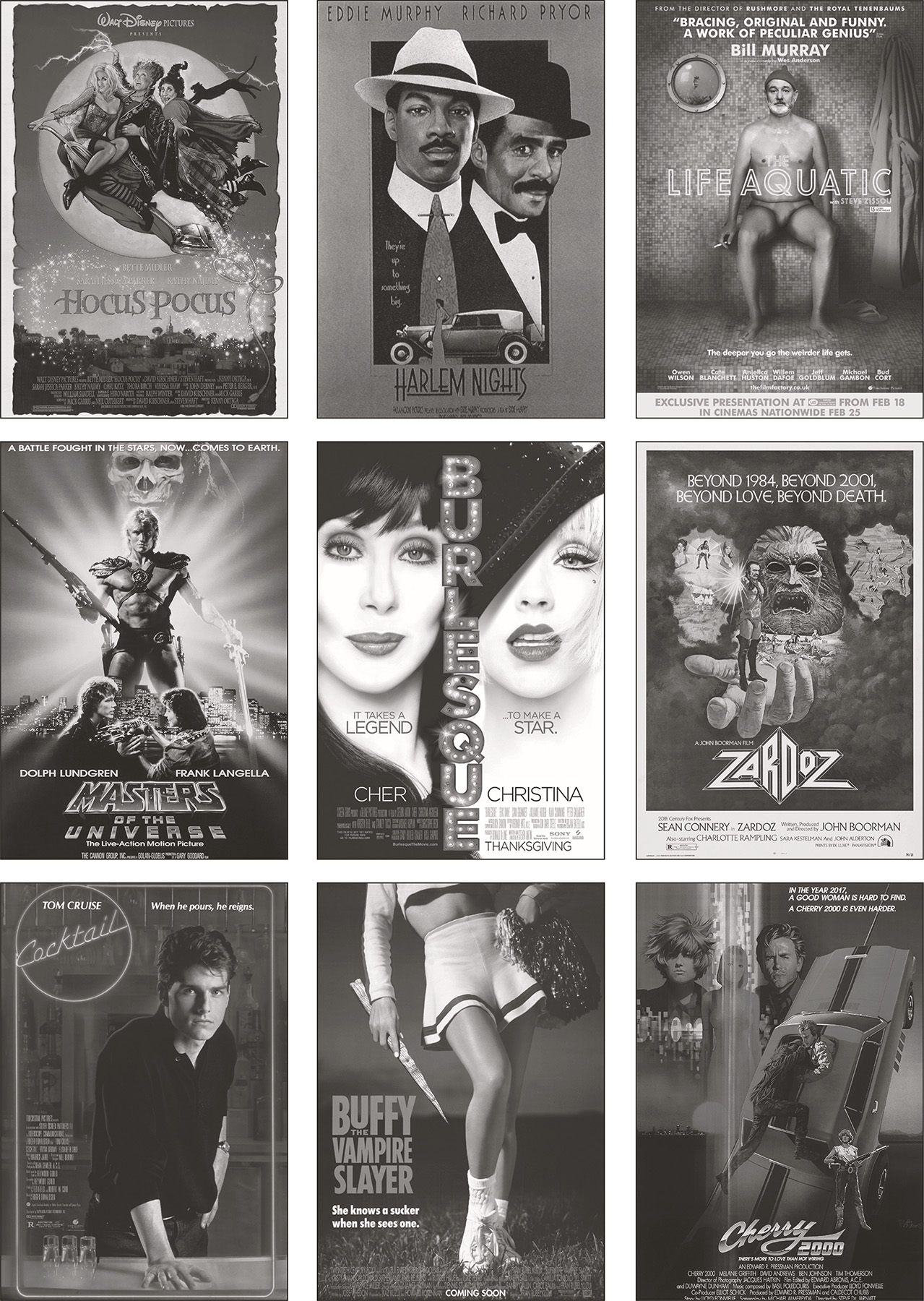
When you work at Rotten Tomatoes, you dont just tell people what you do for a livingyou
Font size:
Interval:
Bookmark:
Similar books «Rotten Movies We Love»
Look at similar books to Rotten Movies We Love. We have selected literature similar in name and meaning in the hope of providing readers with more options to find new, interesting, not yet read works.
Discussion, reviews of the book Rotten Movies We Love and just readers' own opinions. Leave your comments, write what you think about the work, its meaning or the main characters. Specify what exactly you liked and what you didn't like, and why you think so.

